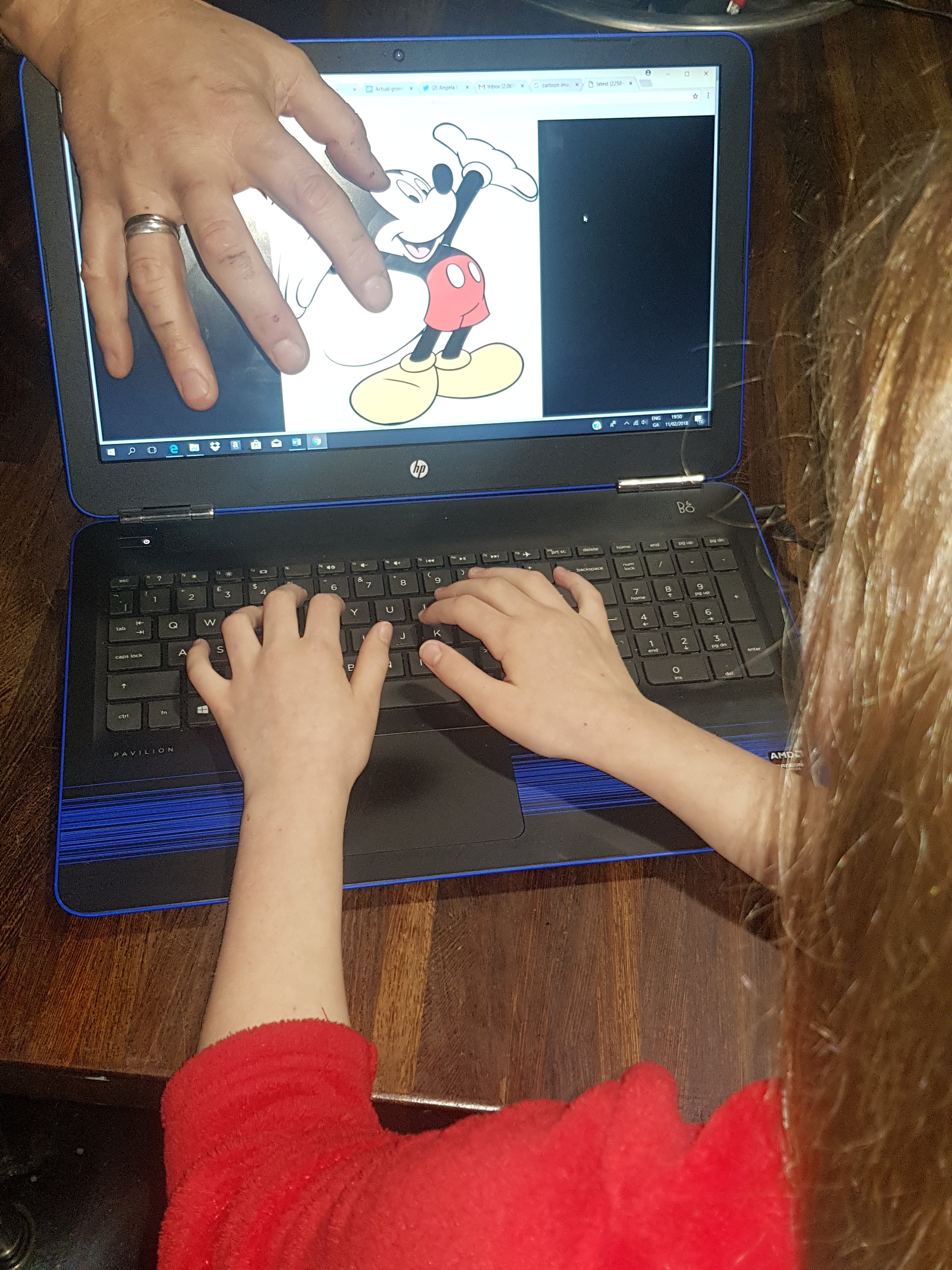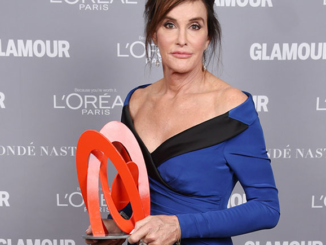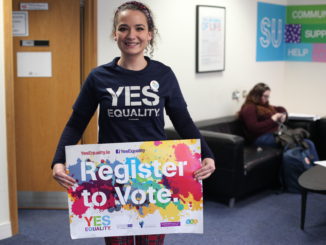
People die every day. In fact, 146,357 people die every day, according to the World Factbook. So why is it that when a celebrity dies, the media and the public blow that death completely out of proportion? Surely the death of one person is only a drop in the ocean compared to all the other people who have died that day?
Nonetheless, whenever a public figure or celebrity passes there seems to be mass hysteria. News outlets cover their deaths and funerals extensively, social media users add their views and opinions online, and fans line the streets to pay respects to someone they have never met.
Last week saw the tragic death of Peaches Geldof. Geldof was the daughter of musician Sir Bob Geldof and the late television presenter Paula Yates. She was a wife as well as a mother to two small children. Geldof was heavily criticised in the media for her lifestyle, her weight, her parenting skills and just about anything the press could pin on her. Yet when news broke of her death, the very same news outlets were paying their condolences and praising the tragic young mother. Within minutes of her death the news was trending on Twitter. The whole world was talking about the death of Peaches Geldof.
It’s difficult not to blame the internet and social media for the mass hysteria caused when a celebrity dies. One person shares the news and then it spreads, all of a sudden the whole world is devastated by the death of this public figure. You ask yourself, ‘If I don’t express my sympathy for this person I have never met, will I be seen as heartless?’
Nowadays, as in the case of Geldof, the first anyone hears about a celebrity’s death is often via social media. In 2012, news of singer Whitney Houston’s death broke via Twitter almost an hour before the traditional media picked it up. However, once the news hit the mainstream, it went viral. In just one minute 61,227 people tweeted about Houston’s death. To put that into perspective, that is equal to the whole of Fermanagh tweeting about the same thing in the space of sixty seconds.
However, the internet is not wholly to blame for the sensationalism. When news sites were still only starting off and social media sites were unheard of, Princess Diana’s death still provoked a colossal reaction. Over a million people lined the streets to pay their respects to ‘The People’s Princess’ on the day of her funeral. Combined with that, 31.5 billion people watched it on television in the United Kingdom and an estimated 2.5 billion people watched it worldwide. Despite many people blaming the media for Diana’s death, the news dominated newspapers and television long after the funeral. So who is to blame for the exaggeration of celebrity deaths, the public or the media?
It is a mixture of both. News organisations are obliged to share news of public interest such as the death of a public figure. However, sharing that news is sufficient. Magnifying the death of these people is the media reacting to what interests a majority of the public as opposed to reporting on a story to inform the public. In turn, the public feel their grief connects them to the celebrity. However, the fans don’t mourn the person, they mourn the talent.
As long as there are celebrities, there will be an outpouring of public emotion when one passes away. In turn, as long as there is an outpouring of public emotion it will be classified as news and be covered in the media. It is not that the 146,356 other people who died that day are of no importance, it’s just that they didn’t live their life in the public eye and so are not subjected to public and media scrutiny in death.
Claudia Gocoul
Image credit: Google Images via Creative Commons




Leave a Reply